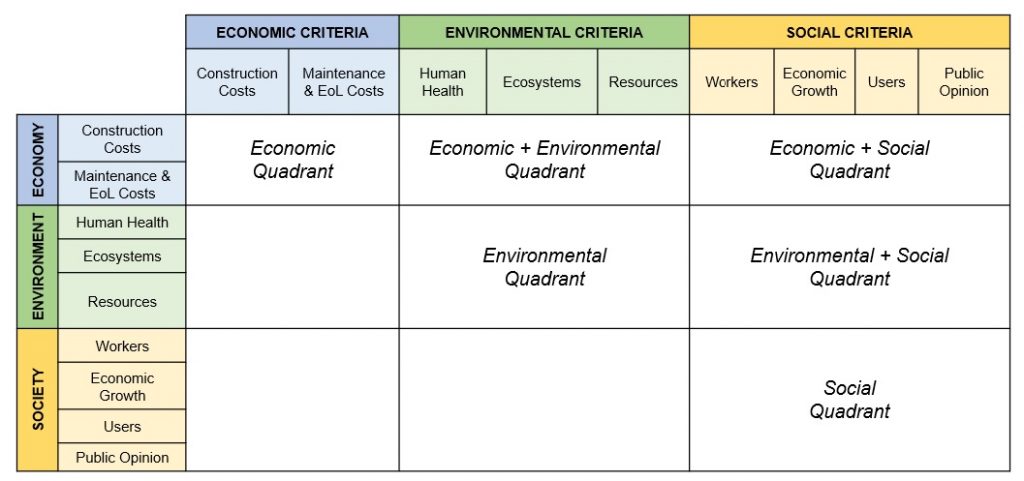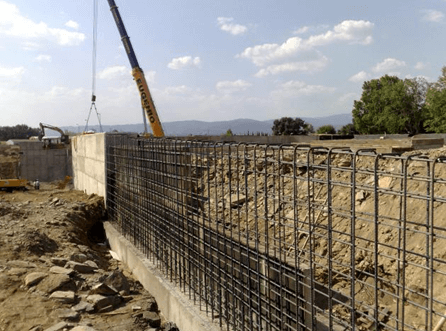La construcción es uno de los responsables de los niveles actuales de estrés ambiental, pero también se reconoce como un sector esencial para promover el bienestar humano, el acceso a la educación o la la erradicación de la pobreza mediante el desarrollo de infraestructuras y servicios. Por ello, desde el reciente establecimiento de los Objetivos de Desarrollo Sostenible en 2015, los arquitectos e ingenieros civiles se han erigido como actores clave para el futuro sostenible al que aspiramos. Sin embargo, la complejidad de la sostenibilidad reclama cambios fundamentales en los actuales planes de estudio universitarios para formar profesionales que puedan afrontar dicho reto. Los cursos universitarios convencionales de ingeniería y arquitectura suelen quedarse cortos a la hora de proporcionar una educación holística en la que los estudiantes perciban adecuadamente la relevancia de considerar no sólo los requisitos funcionales de sus diseños, sino también sus consecuencias sociales y medioambientales. La presente comunicación pretende ofrecer una herramienta de evaluación para detectar las principales lagunas en la formación de estos profesionales a partir de las percepciones de los estudiantes de posgrado sobre el diseño sostenible. Se realiza una encuesta a los alumnos de los posgrados «Modelos predictivos y optimización de estructuras de hormigón» del Máster Universitario en Ingeniería del Hormigón, y «Gestión de la innovación en el sector de la construcción» del Máster en Planificación y Gestión en Ingeniería Civil, ambos impartidos en la Universidad Politécnica de Valencia. La consistencia de las respuestas se evalúa de forma objetiva a partir del método del Proceso Analítico Jerárquico, sacando a la luz los campos educativos en los que se debe poner especial empeño a la hora de adaptar los planes de estudio universitarios hacia la educación en sostenibilidad.

Referencia:
NAVARRO, I.J.; SÁNCHEZ-GARRIDO, A.J.; YEPES, V. (2021). Engineering and architecture postgraduate student’s perceptions on sustainable design. 15th annual International Technology, Education and Development Conference (INTED 2021), 8th-9th March, 2021, pp. 2554-2563, Valencia, Spain. ISBN: 978-84-09-27666-0


